Discover Slate Technology
Slate Technology

961 Episodes
Reverse
On this show we explore three different AI and machine-generated music technologies; vocal emulators that allow you to deep fake a singer or rapper’s voice, AI-generated compositions and text-to-music generators like Google Music LM and Open AI’s Jukebox, and musical improvisation technologies. We listen to the variety of music these technologies generate, and two guitarists face off against an AI in improvised guitar solos.
Along the way, we talk to philosophers of music Robin James and Theodore Gracyk about what musical creativity is and whether machines are more or less creative than human musicians, and Barry gives his take on each of the technologies and what they mean for the future of musical creativity.
Learn more about your ad choices. Visit megaphone.fm/adchoices
Curtis is setting aside a large chunk of money to donate to charity, and it is up to us to persuade him where he should donate it. Luckily, philosophers, economists, and the nonprofit world has been thinking a lot about this issue in recent years. On this episode, effective altruism’s defenders and critics try to persuade Curtis of where he should donate. Who is the most effective in persuading an ordinary person as to the right way to donate to charity? And do the recent scandals involving effective altruism’s biggest donor implicate its philosophical foundations?
We start with arguments that you should always try to save the most lives possible, no matter where they are on the planet. We then hear a critic of that view, who argues that local giving can also be a good. We then turn to the view that we should save humans from extinction from threats like pandemics, nuclear war, and AI takeover. And finally, we hear from a critic of that view, who says we should not blow future risks out of proportion.
Guests include philosophers Richard Yetter-Chappell (Miami), Savannah Pearlman (Indiana), Shakeel Hashim (Center for Effective Altruism), and Seth Lazar (Australia National University).
Learn more about your ad choices. Visit megaphone.fm/adchoices
Willy and Heidi were both gig workers for Shipt, the fast-delivery app for groceries or same-day shopping. In 2020, they both realised: the pay algorithm had changed. Now, they couldn’t tell what a job would pay, or whether it would earn or lose them money. Instead of just taking it, they decided to fight back.
In the gig economy, companies like Shipt, Instacart, and UberEats all use black box pay algorithms to try and get workers to accept gigs but hide information from them to do so. Early in the pandemic, a rag tag group of gig workers tried to resist, and found someone at MIT to help them.
Host Barry Lam talks to them about the steps they took, and political philosopher Daniel Halliday (University of Melbourne) talks about the differences between wage labor and freelance labor and why he thinks the biggest gig economy companies are morally suspect. Then, we talk the future of regulation and worker-owned apps and delivery platforms.
Guests include Drew Ambrogi (coworker.org), Dan Calacci (MIT). This is an in-depth, longform version of a story originally done for WNYC studio’s Radiolab in their Gigaverse episode.
Learn more about your ad choices. Visit megaphone.fm/adchoices
We explore the lives of people who are in love with their AI chatbots. Replika is a chatbot designed to adapt to the emotional needs of its users. It is a good enough surrogate for human interaction that many people have decided that it can fulfill their romantic needs. The question is whether these kinds of romantic attachments are real, illusory, or good for the people involved. Apps like Replika represent the future of love and sex for a subpopulation of people, so we discuss the ethics of the practice.
Host Barry Lam talks to philosophers Ellie Anderson and David Pena-Guzman of the Overthink podcast about what theories of love would say about these kinds of relationships. AI lovers include Alex Stokes and Rosanna Ramos. Original scoring by Aaron Morgan.
Learn more about your ad choices. Visit megaphone.fm/adchoices
When Justin’s mom was diagnosed with cancer, he knew he wanted to keep talking to her after she died. So together they made an AI version of her, training it on her speech patterns and memories. Now he is scaling his findings so that anyone can continue their relationships with loved ones after their deaths. Justin even believes this can one day lead to digital immortality.
Grief experts are only now dealing with bereaved people who create digital versions of their loved ones. We look at what they say about the phenomenon, and what philosophers think about whether the best AI version of a person can actually be them.
Guests include Alexandra Salmon, Justin Harrison, CEO of You, Only Virtual, Dr. Mary-Frances O’Connor, and Dr. Debra Bassett.
Learn more about your ad choices. Visit megaphone.fm/adchoices
Coming April 11, 2023, Season 6 of Hi-Phi Nation will look at the future; of work, of love and sex, life and death, our relationship with animals, creativity in music, and philanthropy. Stories include people trying to create digital avatars of dead loved ones, people in exclusive relationships with AI chatbots, animals who are seeking legal protection in courts, the gig economy, AI music, and effective altruism. The episodes will draw out the most interesting moral and philosophical issues from the current path of artificial intelligence technology, data science, and cultural and legal trends.
Learn more about your ad choices. Visit megaphone.fm/adchoices
This season of Better Life Lab, we’ve been taking a close look at work stress and the future of work and wellbeing.
Parts of the American economy are looking tough for many workers — even “dystopian. People are quitting their jobs at record rates.
We know what many of the problems are. Yet the fixes are not so simple. So on this closing episode of our fourth season, we ask: Are bad jobs an inherent part of the workplace — or can we actually do what it takes to make the jobs of the future good jobs, big enough to support real human life for all of us?
Guests
Rep. Jim Himes, D-Ct, chair of the House Select Committee on Economic Disparity and Fairness in Growth
Zeynep Ton, founder, Good Jobs Institute
Warren Valdmanis, private equity investor and partner with Two Sigma Impact, who will only invest in companies that provide good jobs
Resources
What if Progress meant Wellbeing for All?, The Metropolitan Group
Making wellbeing a policy priority. Lessons from the 2021 World Happiness Report, Carol Graham, Brookings, 2021
The Business Roundtable Redefines the Purpose of a Corporation to Promote an Economy that Serves All, 2019
Hearing Recap: Our Changing Economy: The Effects of Technological Innovation, Automation and the Future of Work, House Select Committee on Economic Disparity and Fairness in Growth, Nov. 2021
Economists pin more blame on tech for inequality, New York Times, January 2022
Learn more about your ad choices. Visit megaphone.fm/adchoices
This week, Evan Chung tells the story of the American teachers who competed for an unprecedented prize: a spot on the January 1986 launch of the Space Shuttle Challenger. Three of the finalists describe the grueling selection process and the tragedy that killed one of their own.
One Year is produced by Evan Chung, Sophie Summergrad, Sam Kim, Madeline Ducharme, and Josh Levin.
Derek John is Sr. Supervising Producer of Narrative Podcasts and Merritt Jacob is Sr. Technical Director.
Slate Plus members get to hear more about the making of One Year. Get access to extra episodes, listen to the show without any ads, and support One Year by signing up for Slate Plus for just $15 for your first three months.
Learn more about your ad choices. Visit megaphone.fm/adchoices
Radio was originally a social medium, as early radio sets (each of which could transmit as well as receive) turned cities into giant chatrooms, populated by Morse Code-tapping enthusiasts. But the excitement of this democratic, digital platform did not last, and radio was tamed by corporate interests in the 1920s. The utopian dream of platforms that are open and meritocratic has been reborn in the internet era in the form of blogging, and more recently podcasting. But can it ever come true?
Learn more about your ad choices. Visit megaphone.fm/adchoices
The first mechanical clocks were made to summon monks to prayer. Ever since, timekeeping technology has often been about control and obligation. But underneath a mountain in Texas, a new kind of clock is being built that’s meant to alter the way we think about time. Can it force us to connect our distant past with our distant future, tick by tick?
Learn more about your ad choices. Visit megaphone.fm/adchoices
At the dawn of the 20th century, chemists dreamed of extracting nitrogen from the air and turning it into a limitless supply of fertiliser. Sceptics thought they were crazy -- it was possible in theory, but it was unclear if it could be done in practice. What happened next changed the course of 20th-century history, and provides inspiration to innovators pursuing a different dream today: sucking carbon dioxide out of the air to avert climate change. Might they not be quite so crazy after all?
Learn more about your ad choices. Visit megaphone.fm/adchoices
The first ever computer program was written in 1843 by Ada Lovelace, a mathematician who hoped her far-sighted treatise on mechanical computers would lead to a glittering scientific career. Today, as we worry that modern systems suffer from “algorithmic bias” against some groups of people, what can her program tell us about how software, and the people who make it, can go wrong?
Learn more about your ad choices. Visit megaphone.fm/adchoices
In the 19th century, young people wooed each other over the telegraph. But meeting strangers on the wires could lead to confusion, disappointment, and even fraud. Do modern online dating apps have anything to learn from telegraph romances?
Learn more about your ad choices. Visit megaphone.fm/adchoices
Polar exploration was the Victorian equivalent of the space race. Major powers vied to outdo each other, funding expeditions to the most inhospitable parts of the world as demonstrations of their supremacy over nature and each other. Today, the resulting tales of triumph and tragedy hold valuable lessons about what to do—and what not to do—as human explorers plan missions to Mars.
Slate Plus members get bonus segments and ad-free podcast feeds. Sign up now.
Learn more about your ad choices. Visit megaphone.fm/adchoices
The potato seemed strange and unappetizing when it first arrived in Europe. But it grew into a wonder food that helped solve the continent’s hunger problems. Can its journey tell us what to expect from current efforts to replace animal meat with societally healthier meat alternatives made from plants, insects, or cells grown in petri dishes?
Slate Plus members get bonus segments and ad-free podcast feeds. Sign up now.
Learn more about your ad choices. Visit megaphone.fm/adchoices
In the early 20th century a new forensic technique—fingerprinting—displaced a cruder form of identification based on body measurements. Hailed as modern, scientific, and infallible, fingerprinting was adopted around the world. But in recent years doubts have been cast on its reliability, and a new technique—DNA profiling—has emerged as the forensic gold standard. In assuming it is infallible, are we making the same mistake again?
Learn more about your ad choices. Visit megaphone.fm/adchoices
For thousands of years we sailed our cargo across oceans using zero-emission, 100 percent renewable wind. Then we switched to ships that run on oil, creating a global maritime fleet that pumps greenhouse gases into the sky. Could we go back to wind-powered ships by rediscovering a clever nautical innovation that we abandoned a century ago?
Learn more about your ad choices. Visit megaphone.fm/adchoices
The 19th century invention of the phonograph left composers worried they might not be paid for recordings. The 20th century proliferation of digital sampling outmoded old copyright laws. Can these previous tech disruptions of the music business teach us how to handle a 21st century onslaught of computers that can compose their own songs?
Learn more about your ad choices. Visit megaphone.fm/adchoices
What can 19th century polar exploration teach us as humans plan missions to Mars? Do modern online dating apps have anything to learn from romances over the telegraph wires? Dig into the past, and you’ll find surprising lessons about what’s next for our modern world. Season 2 of The Secret History of The Future drops July 03, 2019. Subscribe on Apple Podcasts.
Learn more about your ad choices. Visit megaphone.fm/adchoices
The Renaissance scholars couldn’t keep up with new information (“Have you read the latest Erasmus book?” “I don’t have time!”) and needed a better way to organize it. Thus came the invention of tables of contents, indexes, book reviews, encyclopedias, and other shortcuts. What kinds of technological solutions might help us cope with the information overload we all experience today? Guests include: Stewart Butterfield, CEO of Slack; Nathan Jurgenson, Snapchat sociologist.
Learn more about your ad choices. Visit megaphone.fm/adchoices


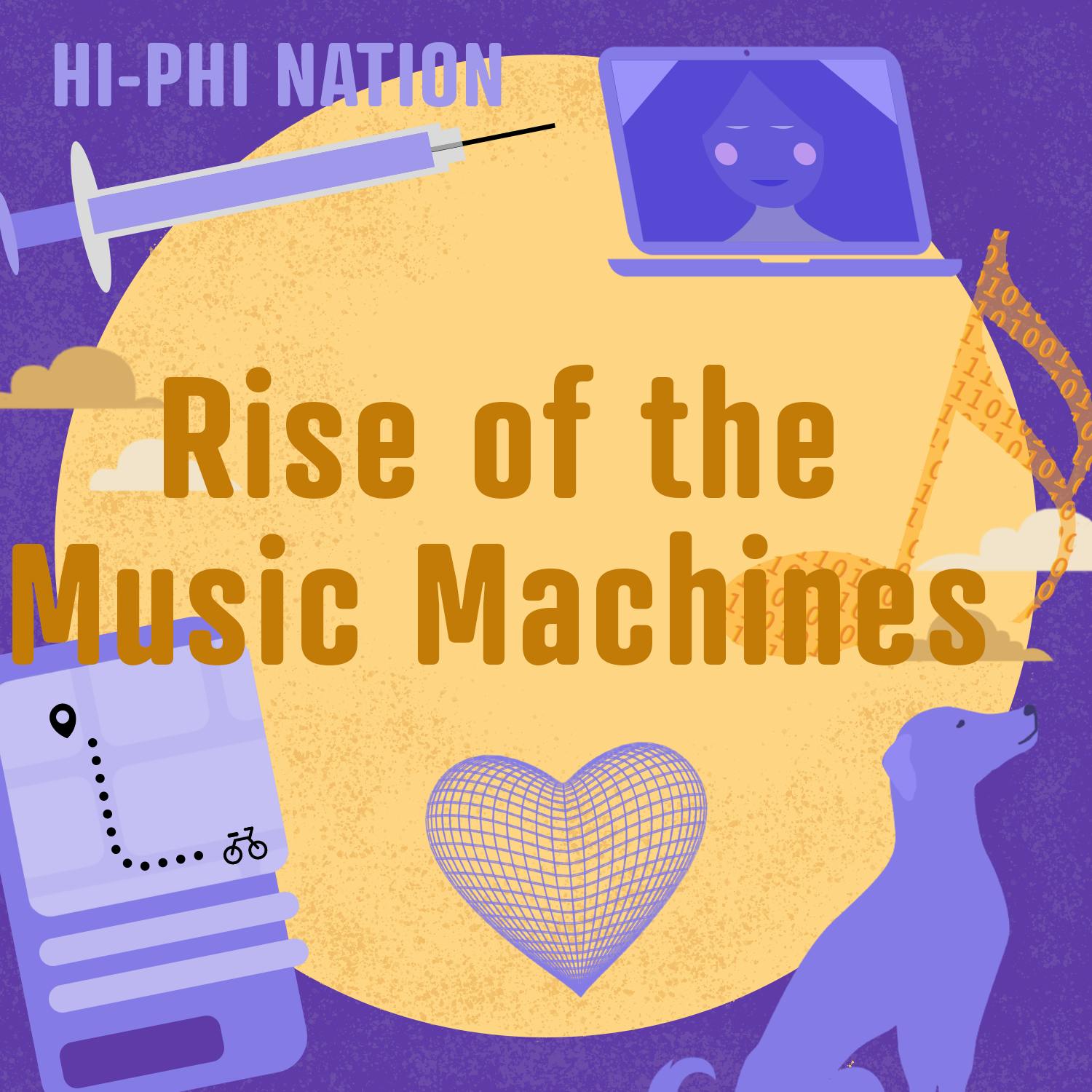
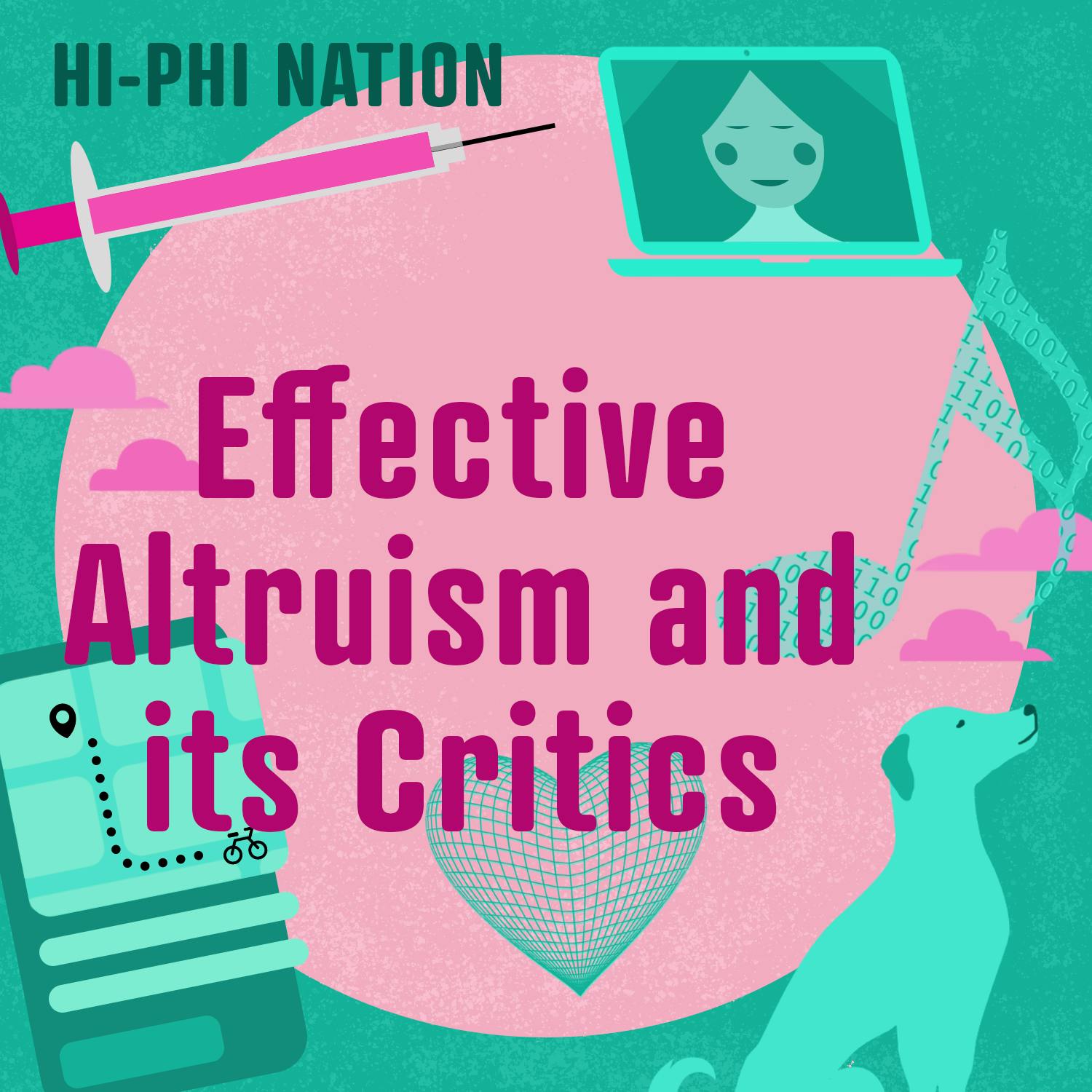
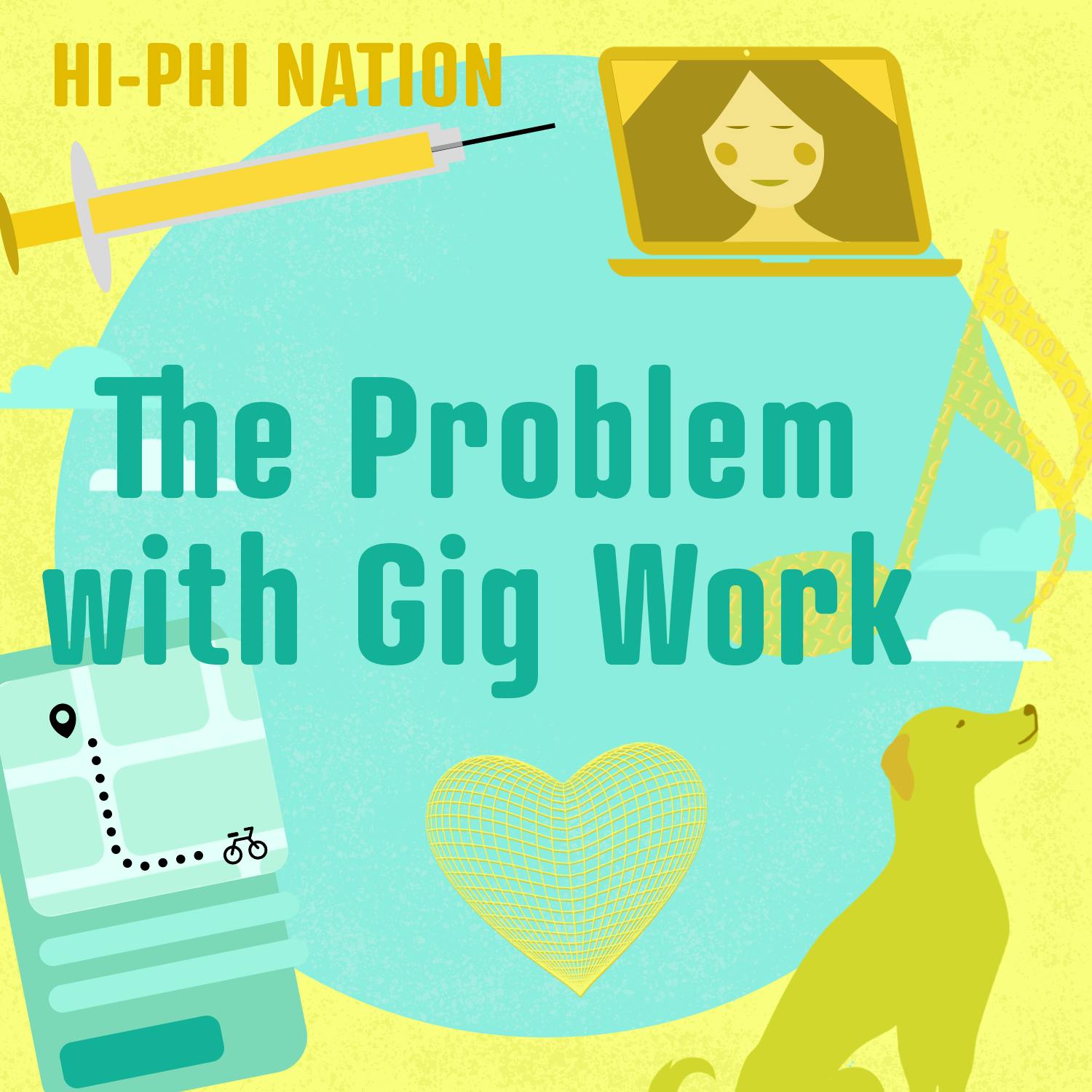
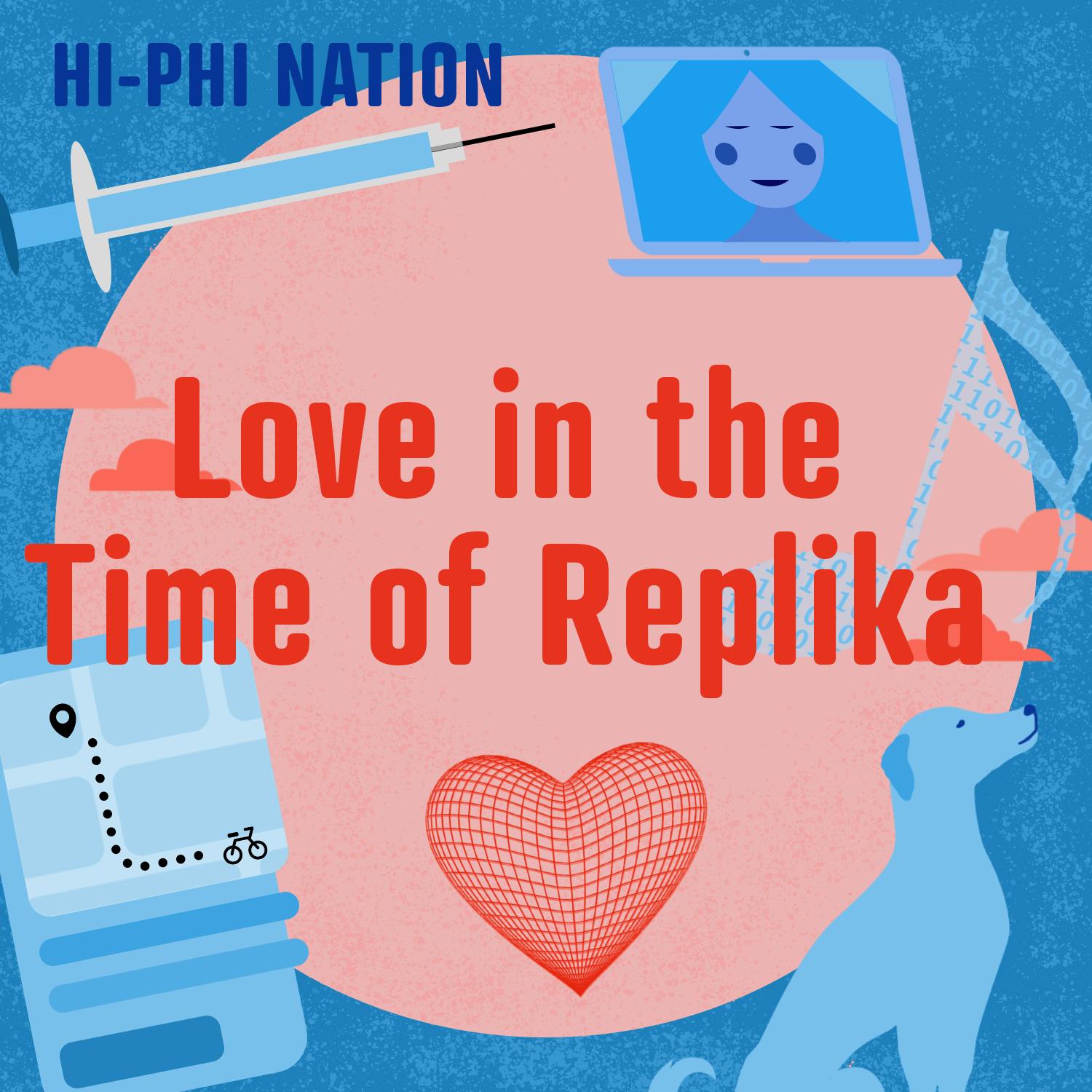
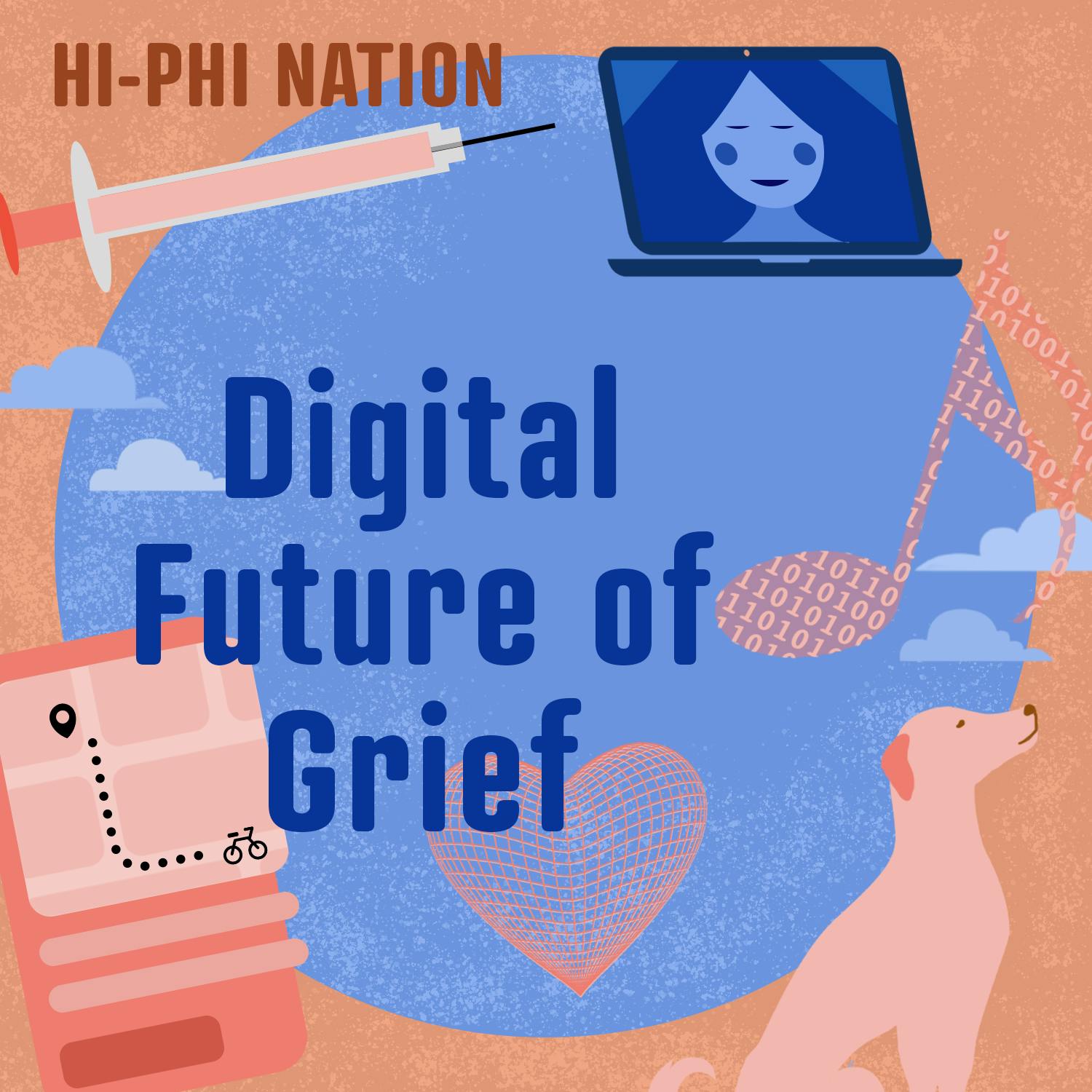
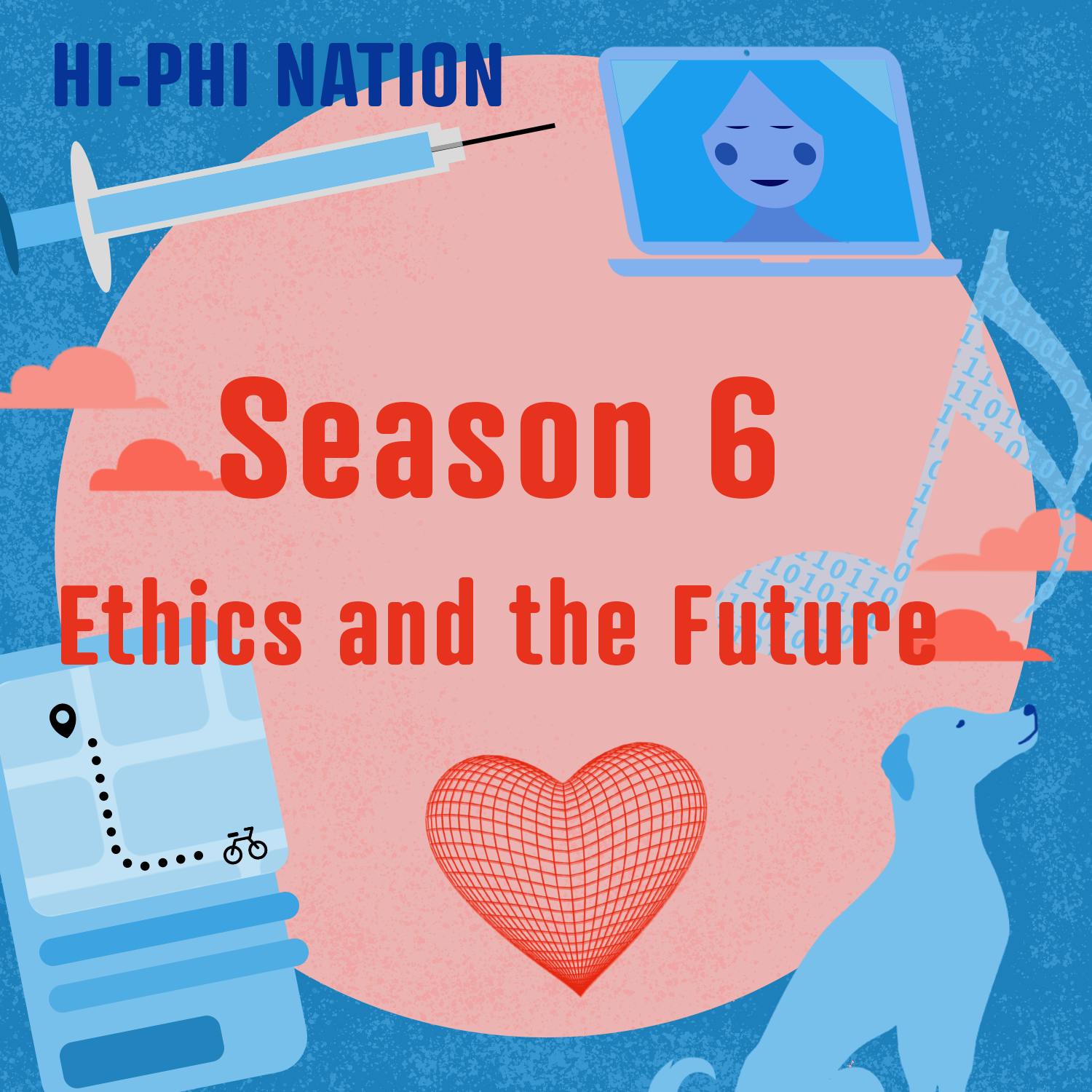



Great information provided. I am here to share about www. revolvertech .com at https://sethbtaubehub.com/www-revolvertech-com/
CompTIA N10-008 Dumps Questions Answers https://www.guide4sure.com/N10-008-release.html
CompTIA N10-008 Dumps Questions Answers https://www.guide4sure.com/N10-008-release.html
If you are not able to do everything right on your own, it is better to turn to professionals. In addition, now the test can be done for insurance for free, find out more here https://personichealthcare.com/
I hate saying this because it's not helping, but since the very beginning, I've been saying this exact thing!
The episode on "the infinite scroll" is a concept that I tried to faciliatate as a workshop in South Africa in 2019 funny enough. A great nugget of insight more people ought to be engaging with
I wish we could have had this theoretical unbiased program make this episode.
I love this podcast. Great work to you all for putting it together!
one of my favourite episodes in the series! we definitely need more reminders of our place in big time even as our pace of life speeds up
awesome episode
I think you should research more into the harm that ECT and electroshock "therapy" has caused since its inception before promoting it as a viable treatment. The causes of mental illness is not even proven so shocking it out of people before knowing what is creating it is a gross irresponsibility on human rights and wellbeing. if you need sources or datasheets I can easily provide that, it is a simple matter any person can look into on their own. Electrifying the brain has a far more extensive history of death and deletion of mental faculties than any one or two successful cases can justify.
Outstanding podcast. A bit reminiscent of James Burke's "Connections."
I am so happy I found this podcast! Thanks for great stories and can't wait for the second season.
10 NEON 20.18. GOD
this podcast series is fantastic. looking forward to the next season!!!
great show!
Interesting episode, but with some major mistakes in it. Listen to it, but ignore the misguided doom and gloom! This world needs more optimists, others with a positive vision for the future. Luddite attitudes like the ones shared in episode 09 don't help anyone grow or improve. Instead, the focus should be on how to improve and better the people and cultures that currently are struggling with the consequences of open connectivity. A world with free flow of thought, ideas and opinions needs more a more skilled population, and this is made with education, experience and sharing - not by cutting cables. This episode and it's editors would benefit from a little extra education too.
very cool.
Super interesting and well done!
very good. can't wait for the next one.